We are leveraging Marshall McLuhan’s legacy to strengthen digital media literacy. The McLuhan Foundation is committed to reinventing our understanding of digital media literacy in a way that serves young people, educators and policymakers in the 21st century.
We believe that in the digital era, young people deserve the opportunity to explore this reality, too.
The mission of the Foundation is to support critical thinking and active agency relating to media environments in all sectors of society, but with a focus on children and youth, as well as education in formal and non-formal settings.

David Nostbakken is the President and CEO of the McLuhan Foundation. He was a student of Marshall McLuhan and served as his teaching assistant and collaborator. Dr. Nostbakken was a McLuhan Fellow at the Faculty of Information, University of Toronto 2104-2018. He is the founder of a number of media related enterprises in Canada and internationally including Vision Television , WETV International, China Green Channel, Power of Peace Network and The Ecology Global Network. He served as Director of Communications for the International Development Research Centre (IDRC) where he supported exploration in uses of information and communication technology for sustainable development in Africa, Asia and South America. For the last decade he has been teaching strategic communication and social entrepreneurship at Carleton University in Ottawa, and the Faculty of Information, University of Toronto. His doctoral research was an exploration of the educational value of media literacy. Dr. Nostbakken is CEO of the consulting company Nostbakken and Nostbakken Inc.
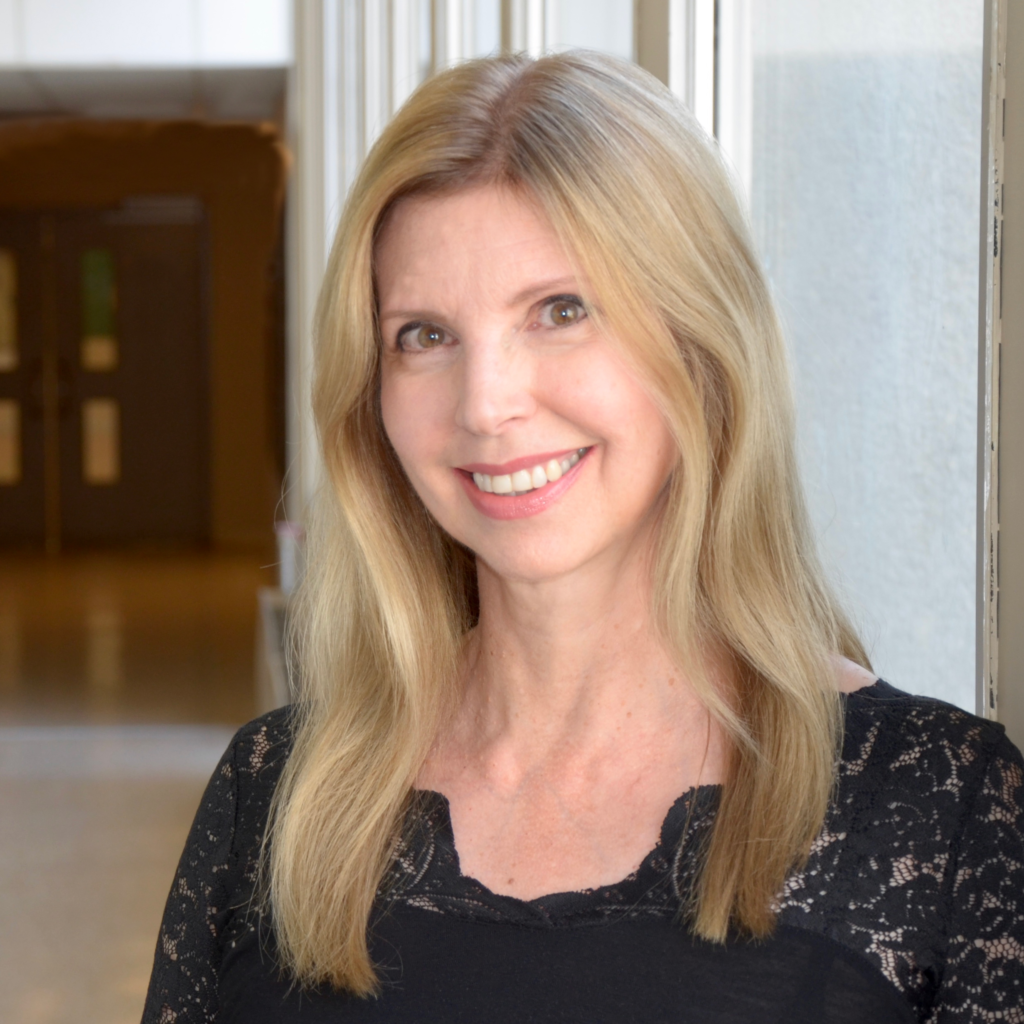
Carolyn Wilson is an award-winning educator, author and consultant, and is a Lecturer at the Faculty of Education at Western University, Canada. Carolyn has over 30 years of experience in media literacy, and for the last 12 years has been leading international initiatives in media and information Literacy for UNESCO headquarters, Paris. Carolyn was the founding Chair of the International Steering Committee for UNESCO’s Global Alliance for Partnerships in Media and Information Literacy, and a Chair of the first UNESCO/UNAOC International University Network on Media and Information Literacy and Intercultural Dialogue. Carolyn has worked extensively with educators, governments and media industries in the Asia-Pacific region, in South Africa, in Latin America and the Caribbean, and across Europe and North America. Carolyn has held leadership positions in Canada, having served as president of the Association for Media Literacy for 14 years, and as a board member for Media Smarts. For the Ministry of Education in Ontario, Carolyn led the development of policy and curriculum documents in media literacy which have become foundational in the field. Carolyn has received numerous awards for her work in media literacy, including: the Jesse McCanse Award from the National Telemedia Council of the U.S.A.; an Award of Special Recognition from the University of Sao Paulo, Brazil; the Distinguished Contributions to Teaching Award from the University of Toronto; and the Prime Minister of Canada Award for Teaching Excellence.

Clinton Ignatov is maintaining the online presence of The McLuhan Foundation. He is an advocate for Free Software, volunteers in several capacities in the larger Marshall McLuhan scene, and writes and presents on these subjects.
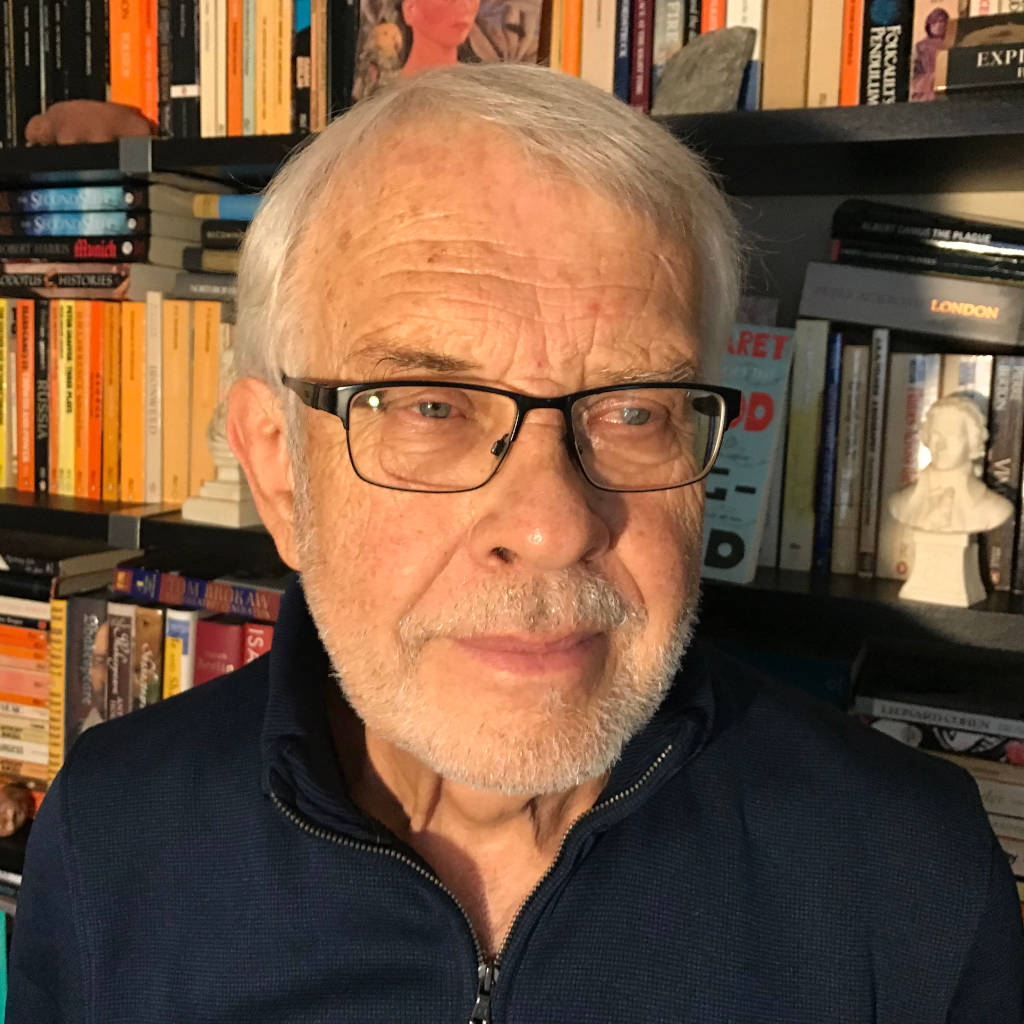
Alexander Kuskis, PhD (Toronto) has enjoyed careers in both teaching in higher education and working in communication industries, specifically book publishing, computing, and IT training. He has taught at the Universities of Toronto, Manitoba, and Wilfrid Laurier and online for Connected University and Royal Roads University. Technology training institutions in which he held management positions include DeVry Institute of Technology, The Institute for Computer Studies, and triOS Training Centres Ltd.
He has also worked as an e-learning consultant and most recently taught MA-level online communication courses for Gonzaga University in the USA for 10 years. His academic interests include media ecology, Marshall McLuhan and the Toronto School of Communication, computer-mediated communication, and communication history. His research focuses on Marshall McLuhan as an educationist and he publishes the McLuhan Galaxy Weblog, which was adopted by the McLuhan Estate as their official blog.
The Foundation is committed to a renewed approach to media and digital literacy in the rapidly changing realties of the twenty first century. The Foundation has created a collaborative platform “The Global Village Square” to facilitate the sharing of initiatives and innovative practices of stakeholders around the world. This, while experimenting in multi-partner practical approaches both locally and globally.
Because of the dominance of digital technologies in this century, and accepting that young people increasingly live in digital environments, the focus of the Foundation is on supporting educators and those stakeholders who work with youth in developing their critical capacities to understand the impact of evolving digital technologies. This is not meant to exclude what has gone before in media literacy approaches, but rather to build on it. The reach of technologies, including those that are digital, varies around the world, and so the diversity of conditions and approaches will add to the richness of exploration sharing and collaboration.
Marshall McLuhan’s celebrated book Understanding Media: The Extensions of Man explored the impact of media technologies themselves rather than the content they convey. Its origins had roots in the importance of critical thinking beginning with the very young. The National Association of Educational Broadcasters (NAEB) in the US had contracted McLuhan to design a method and syllabus for teaching high school students about the nature and effects of media . McLuhan was using the phrase “new media” decades before its latest incarnation as a term for digital media and the Internet.
McLuhan explained that secondary schools were chosen for this project because their students had not yet acquired any vested interest in acquired knowledge, had great experience of media, but no habits of observation or critical awareness, “yet they are the best teachers of media to teachers, who are otherwise unreachable”. The last comment is especially pertinent today. This appears to have been the very first media literacy curriculum ever written, predating later work in Britain and Australia in the late 1960s and ‘70s.
The report on Project on Understanding New Media prepared for NAEB was published in 1960. McLuhan went on to publish Understanding Media: The Extensions of Man in 1964 for a broader public readership. Again he explored the impact of media environments asserting “the Medium is the Message”.
The McLuhan Foundation and the McLuhan Global Village Square is an extension of the probative thrust of McLuhan’s work, with particular concern once again for critical thinking among new generations.
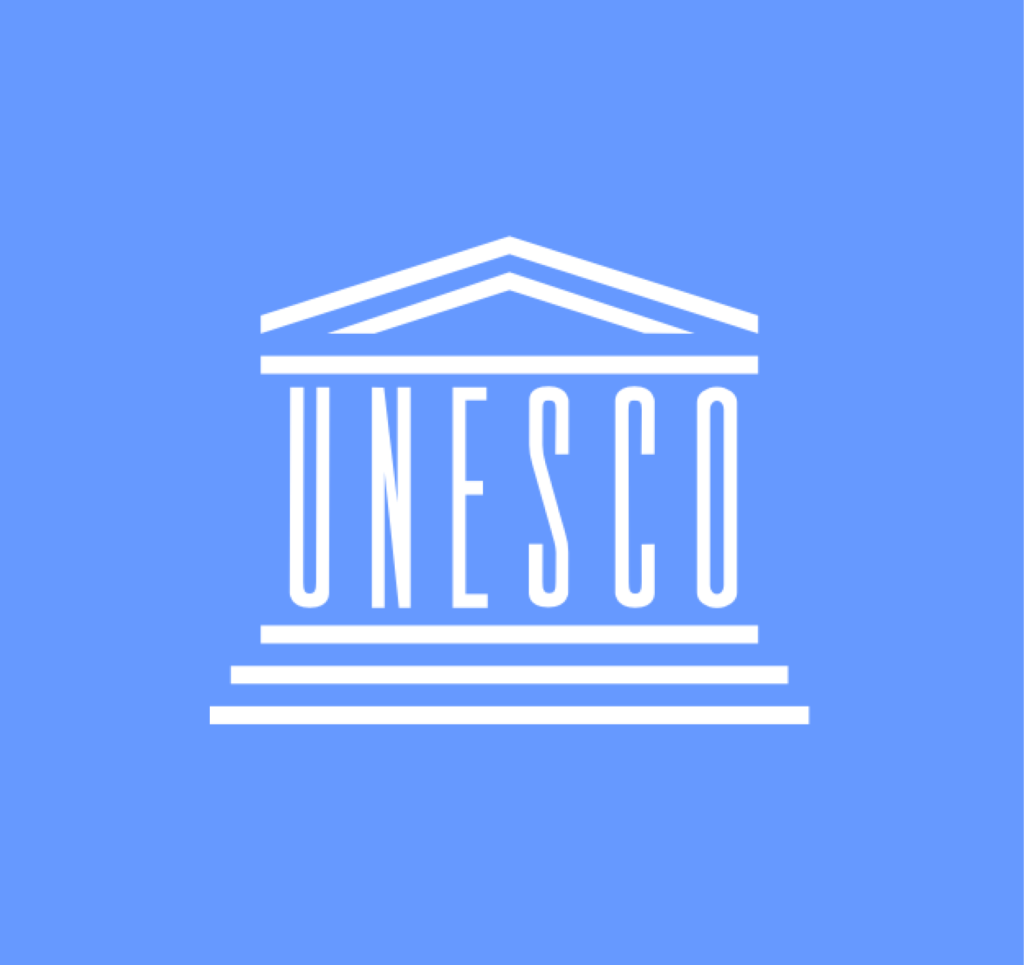
MIL In Focus Report – The McLuhan Foundation has been commissioned by UNESCO headquarters (Paris) to undertake research that will identify the trends in media and information literacy (MIL) that have emerged over the past 5 years. This report will focus on changes in the supply, content and impact of MIL development and diffusion. It will also highlight what is required to sustain MIL development into the next 10 years and beyond.
Media and Information Literacy Curriculum for Teachers – The McLuhan Foundation is involved in the development of the second edition of the MIL Curriculum as part of UNESCO’s global initiatives in MIL. The curriculum is intended as a tool that will provide educators with the main competencies and approaches needed for MIL teaching and learning. The curriculum is designed as a flexible framework that educators can adapt to meet the challenges and opportunities of their local circumstances. The first version of the MIL Curriculum is available in English, Arabic, Chinese, French, Greek, Japanese, Mongolian, Portuguese, Russian and Spanish.

In 2023 the Canadian-based Association for Media Literacy (AML) is offering an online “Additional Qualifications” course to teachers interested or engaged in media literacy. The Foundation is collaborating with the AML to scale the reach of this program in Canada and with partners internationally, in order to share best practices derived from the course.

The Foundation is in advanced planning for a physical location on Toronto’s waterfront, which will include meeting and convening facilities and a living museum and library. The museum will represent the contributions of McLuhan, Innis, Ong, Havelock, and other thought leaders and showcase Canada’s contribution to the world of information and communication technologies. The meeting facilities will house classrooms, research incubators, seminar spaces and an auditorium. These facilities will be located adjacent to an actual outdoor square with a surround of live screens where people can walk through city squares from around the world in real time. The Foundation is pursuing these plans with a number of partners who will be announced later in 2022.
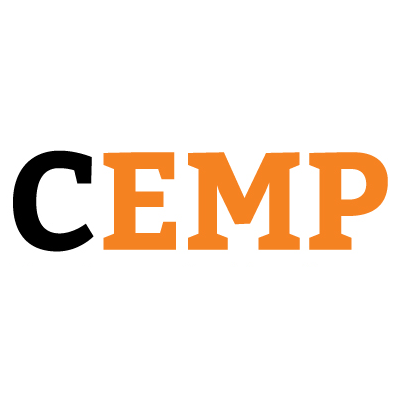
This annual, global conference attracts researchers and practitioners from around the world who come together to explore the pressing issues of our time in media education. In March 2023, the McLuhan Foundation co-hosted this conference with the Centre for Excellence in Media Practice at Bournemouth University, U.K., and Simon Fraser University in British Columbia.
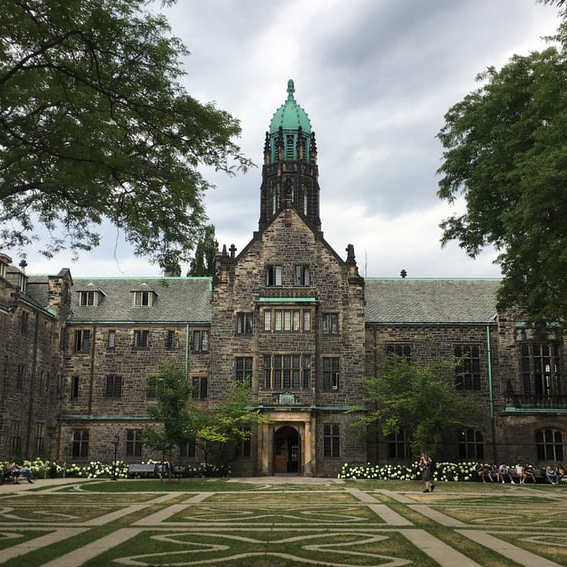
The Foundation is seeking sponsorship for a McLuhan Chair to be located in a Canadian University. The Chair will focus on applied research in digital media literacy.

Published since 2010 by Alexander Kuskis, the McLuhan Galaxy Weblog re-publishes articles relating to the work of Marshall McLuhan, along with announcements, news, reviews, select texts, calls for papers, videos, links, and memorabilia. It is the chosen Weblog of the Marshall McLuhan Estate.
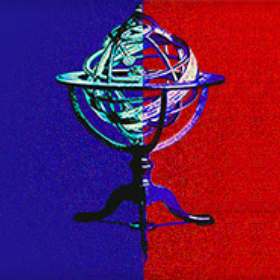
The approach of The New Explorations Journal is that of media ecology as developed by Harold Innis, Marshall McLuhan, Ted Carpenter, Walter Ong, Neil Postman and a host of other theorists. The journal explores the impact of technological environments in the twenty-first century.